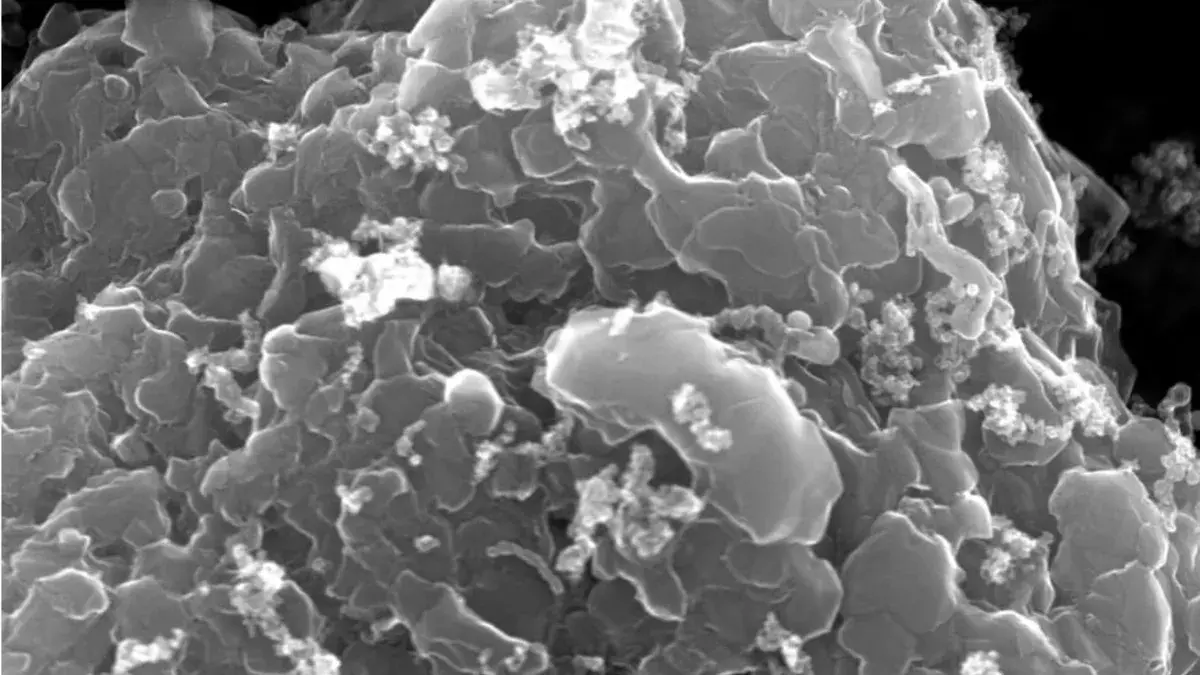Addressing Climate Concerns through Innovative Research
Researchers at Rice University have achieved a significant breakthrough in the quest for sustainable energy solutions. They have developed a novel method to extract hydrogen, a clean substitute for fossil fuels, from discarded plastic, which is especially vital in the context of intensifying climate change concerns.
Harnessing Waste Materials for a Greener Future
The practice of creating useful products from waste materials is gaining momentum, with waste plastic conversion into hydrogen emerging as a noteworthy development. This approach capitalizes on the growing interest in sustainable and eco-friendly solutions.
Hydrogen is considered an ideal energy carrier due to its ability to be produced without emitting harmful gases, especially when using renewable sources like solar or wind power.
A Cleaner and Cost-Effective Alternative
Traditional hydrogen production methods often prove unsustainable and economically burdensome, contributing to carbon emissions. However, Rice University’s innovative technique promises a low-emission and potentially cost-effective strategy.
Converting Waste into Value: Hydrogen and Graphene
In this groundbreaking study, researchers converted various waste plastics, including mixed types, into high-yield hydrogen gas and valuable graphene. This approach not only reduces emissions but also holds the potential to cover its own costs, particularly if graphene is sold at a reduced price.
Traditional hydrogen production methods are expensive and environmentally damaging. In contrast, this innovative approach offers an affordable and eco-friendly substitute, a crucial development in the fight against climate change.
Green Hydrogen’s Role in a Cleaner Future
A substantial portion of the 100 million tons of global hydrogen consumption in 2022 came from cheaper fossil fuels, resulting in approximately 12 tons of carbon dioxide emissions for every ton of hydrogen produced. Addressing this challenge is essential for a sustainable future.
Amid growing concerns about climate change, this research signifies hope and a clear path forward through research and development. It underscores hydrogen’s pivotal role in long-term energy strategies, emphasizes the need for clean energy technology investment, and highlights the potential for innovation to transform waste into opportunity in our future energy landscape.







